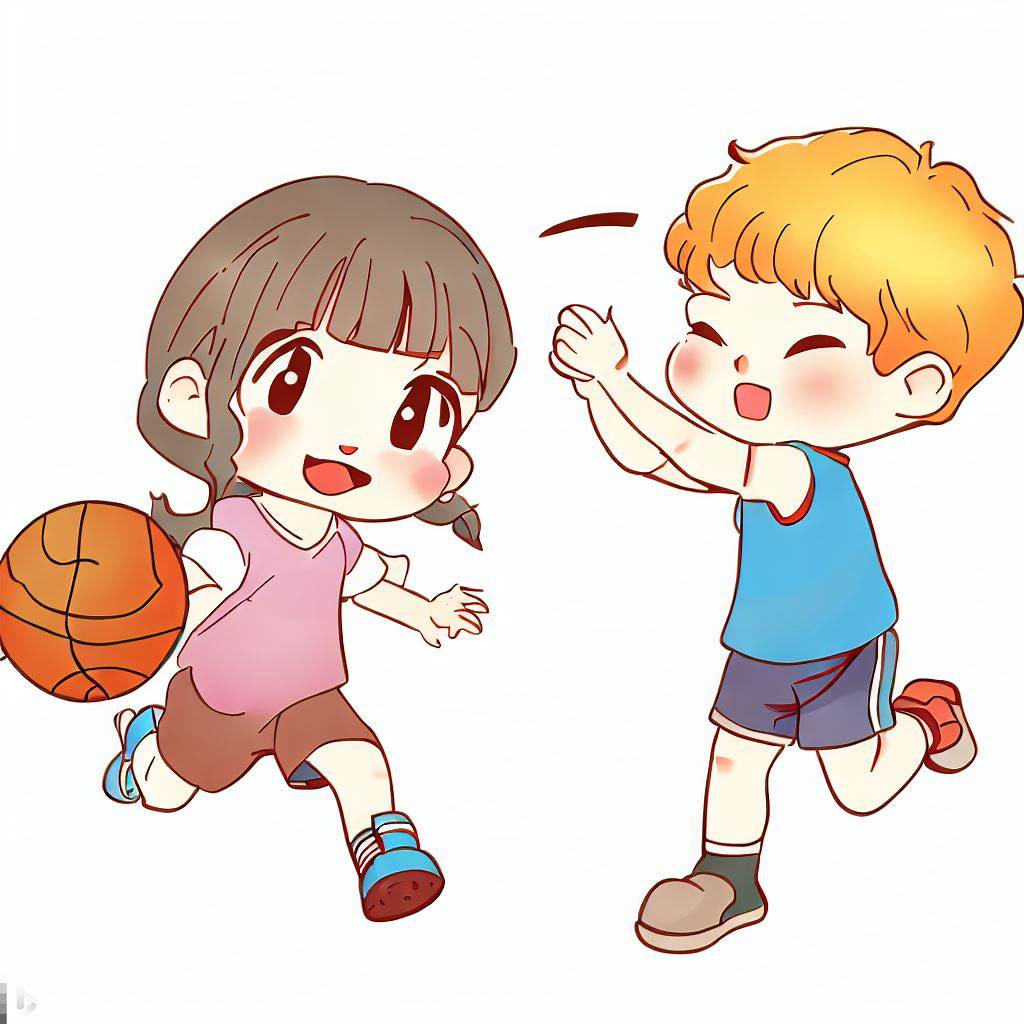The Family Influence on Developing Expertise: An Ecological Perspective for Parents
What sets elite athletes apart from the rest and allows them to reach the top of their sport?
I love re-reading books and discovering what new narratives emerge the second or third time of reading. I re-read the first part of “The Best, How Elite Athletes are Made” by Mark Williams and Tim Wigmore. One of the best examples of well researched & enjoyable books on high performance (imo). The first part of the book explores the environments and cultures that enable or constrain the emergence of high performance, highlighting that high performance emerges from nature and nurture in a dance together. As many of those who read this blog are sporting and non-sporting parents or guardians, there is much to learn from developing sporting expertise in how to create an environment for growing humans to thrive within.
So, what sets elite athletes apart from the rest and allows them to reach the top of their sport? Is it solely their genetic makeup that makes champions, or does the environment around them play an equally important role? Research increasingly shows that factors like family and place of development shape the pathway to sport expertise as much as innate talent.
Using principles from ecological psychology, this blog examines how the intimate behaviour setting of the family and the broader developmental environment interact to influence expertise. I summarise recent studies on parental and sibling impacts, birth order effects, and community size influences. Together, the evidence highlights the inextricable link between the individual athlete and their environmental surrounds in the journey toward elite performance.
The Shaping Role of Behaviour Settings
Ecological psychology focuses on the interrelationship between individuals and their environment. A key concept is that behaviours occur within organised units of the environment called behaviour settings. Examples include classrooms, church services, meetings and sport competitions.
Behaviour settings have certain demand characteristics that constrain behaviour in predictable ways. They also allow for different roles, like teacher and student in a classroom setting. Roger Barker, who formulated behaviour setting theory, argued these settings shape human actions and development.
How might this perspective apply to sport expertise? Clearly the family environment constitutes a major behaviour setting. Values modelled by parents and siblings, expectations, roles, resources, opportunities – these family factors guide initial sport participation and engagement. As parents or guardians, we are constantly curating behaviour settings such as the dinner table or driving home from sports practice.
The style of parenting also responds to the particular demands of competitive sport settings as children progress. Parents adapt their involvement and practices to fit normative role expectations. The family and sport behaviour contexts dynamically co-influence each other.
Beyond the family, the community forms another layer of the developmental ecology. Does growing up in a large city or small town afford different possibilities for sport success? Access to facilities, coaches, financial resources, and peer support vary by environment. Cultural factors also come into play.
In these ways, ecological psychology principles illuminate how champion athlete behaviours emerge through continuous, evolving interactions between the individual and their surrounding behaviour settings.
Parenting Style and Practices
A robust finding in the talent development literature is that parents play a central role facilitating children’s sport participation and negotiating key transitions (Trussell & Shaw, 2012). But does parenting style matter when it comes to raising elite athletes?
Research identifies autocratic control and punishment as less effective approaches. Parents of world-class athletes encourage but don’t pressure participation. They emphasize effort over results, provide support win or lose, and let the child’s passion govern involvement (Trussell & Shaw, 2012). Specifically, Trussell and Shaw (2012) found through interviews that parents of successful athletes created a mastery motivational climate rather than focusing on performance outcomes. They emphasized enjoyment, learning new skills, improvement, and effort. This contrasted with parents of less successful athletes who were more controlling and stressed results over development.
This autonomy-promoting style allows self-discipline and internalised motivation to flourish. Insisting on involvement breeds extrinsic compliance at best, resentment at worst. Elite swimmers point to parental pressure as absent from their swimming journey (Trussell & Shaw, 2012). Follow their passions not force them into yours.
Beyond general style, specific practices differentiate parents of elite athletes. Encouragement of well-rounded development comes before specialisation. Parents emphasize learning and enjoyment rather than competition outcomes early on (Trussell & Shaw, 2012). Instead of rewarding performance outcomes, such as goals, focus on developmental outcomes such as shots taken or touches in the box. These are best done in collaboration with the child e.g. “what do you want me to look out for today in your match?”. Consult with the coaches on what the learning outcomes of the recent sessions have been.
Collaborative relationships with coaches marked by trust also facilitate athlete progression. When parental goals misalign with the child’s or coach’s approach, conflict and diminished performance can result (Trussell & Shaw, 2012).
Application of ecological principles shows how broader sport settings shape parental behaviours. Norms of competition and comparison lead some parents to overly focus on results. This is why results are no longer published for younger grassroots sports, or the reduction in the focus on just the winners in primary school sports days (where the winners are likely those who have physically developed earlier). The parent-as-expert role allows controlling styles to emerge. But autonomy-supportive practices optimised to the developmental stage tend to work best. Be humble and learn together.
The Influence of Siblings
Another integral part of young athletes’ family ecology is their siblings. Siblings provide built-in training partners, role models, and sources of support that uniquely influence sport motivation and enjoyment (Hopwood et al., 2015).
Older siblings often first introduce children to sport and physical activity, offering a peer model for being active versus sedentary (Hopwood et al., 2015). But siblings can also deter sport participation when jealousies arise over unequal attention and resources going to the talented athlete in the family (Hopwood et al., 2015).
Interesting differences also exist between siblings of elite, pre-elite, and non-elite competitors. Elite athletes report their older siblings were active in general fitness and recreation growing up. Their younger siblings tended to compete in organized sport (Hopwood et al., 2015).
This suggests a dual sibling role in nurturing expertise. Older siblings act as activity role models and socialise children into sport and exercise. Younger siblings emulate their accomplished older brother or sister through vigorous sport competition (Hopwood et al., 2015).
In contrast, firstborn children are overrepresented among lower level athletes, while elites are more often laterborns (Lidor et al., 2010). Being the youngest child may necessitate differentiating from siblings by ramping up sport commitment and achievement striving (Hopwood et al., 2015).
In line with this notion, research on birth order and achievement goals shows firstborns tend to be mastery-oriented, focused on skill development. Laterborns are more performance-focused on outdoing others (Carette et al., 2011). The family ecology shapes motivational orientations.
So, while parents emphasise effort and learning for the whole family, laterborn children develop a greater performance focus trying to surpass their older brothers and sisters who started sport first. The family ecology shapes motivational orientations.
The Role of Birthplace
Zooming out beyond the family unit, where an athlete grows up matters for access to developmental resources. Evidence suggests those from small towns and cities have advantages over large metropolitan areas when it comes to sport success (Lidor et al., 2010).
Athletes seek feedback, role models, facilities, coaching, competition opportunities and more from their surrounding environment. Smaller communities may provide optimal conditions for nurturing talent in their developmental ecology (Lidor et al., 2010).
But the influence of birthplace on sport expertise varies by culture and sport type. In one study, elite Israeli soccer and handball players were more likely to come from medium-sized cities. Yet volleyball players were overrepresented from very small villages (Lidor et al., 2010).
This highlights how cultural history shapes the athlete-environment relationship. Because volleyball has roots in communal farming villages in Israel, talent development grouped there initially (Lidor et al., 2010).
For a sport like hockey, however, a lack of ice rinks and leagues may hinder involvement in small towns. The athlete-environment fit needs to align for optimal growth. Smaller cities seem to allow greater independence, safety, and sense of community focussing on sport.
Bringing It Together
In summary, expertise research grounded in ecological psychology demonstrates the inseparable linkage between child development and the surrounding environment. The intimate family unit and broader community shape behaviours, values, resources, and opportunities central to high achievement.
Parents optimally support talent growth through an encouraging style and emphasis on learning over results. Siblings influence enjoyment and motivation via role modelling and differentiated niches. Birthplace provides developmental assets like role models, facilities, and competition access.
This ecological perspective moves beyond the individual to highlight the critical role of environmental interactions. Rather than fixed innate abilities, expertise emerges through evolving child-setting relationships. By focusing on aligning key environments to the needs of aspiring kids, the path to excellence in whatever they choose can open wider.
References
Carette, B., Anseel, F., & Van Yperen, N.W. (2011). Born to learn or born to win? Birth order effects on achievement goals. Journal of Research in Personality, 45(5), 500-503.
Hopwood, M.J., Farrow, D., MacMahon, C., & Baker, J. (2015). Sibling dynamics and sport expertise. Scandinavian Journal of Medicine & Science in Sports, 25(5), 724-733.
Lidor, R., Côté, J., Arnon, M., Zeev, A., & Cohen-Maoz, S. (2010). Relative age and birthplace effects in division 1 players—Do they exist in a small country? Talent Development and Excellence, 2(2), 181-192.
Trussell, D.E. & Shaw, S.M. (2012). Organized youth sport and parenting in public and private spaces. Leisure Sciences, 34(5), 377-394.






